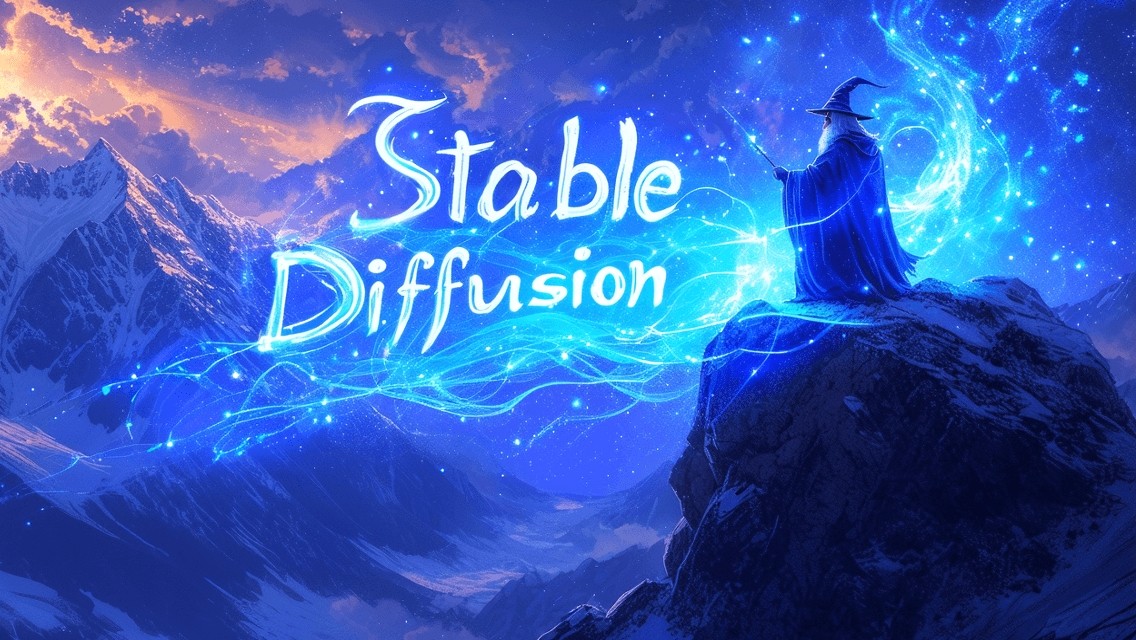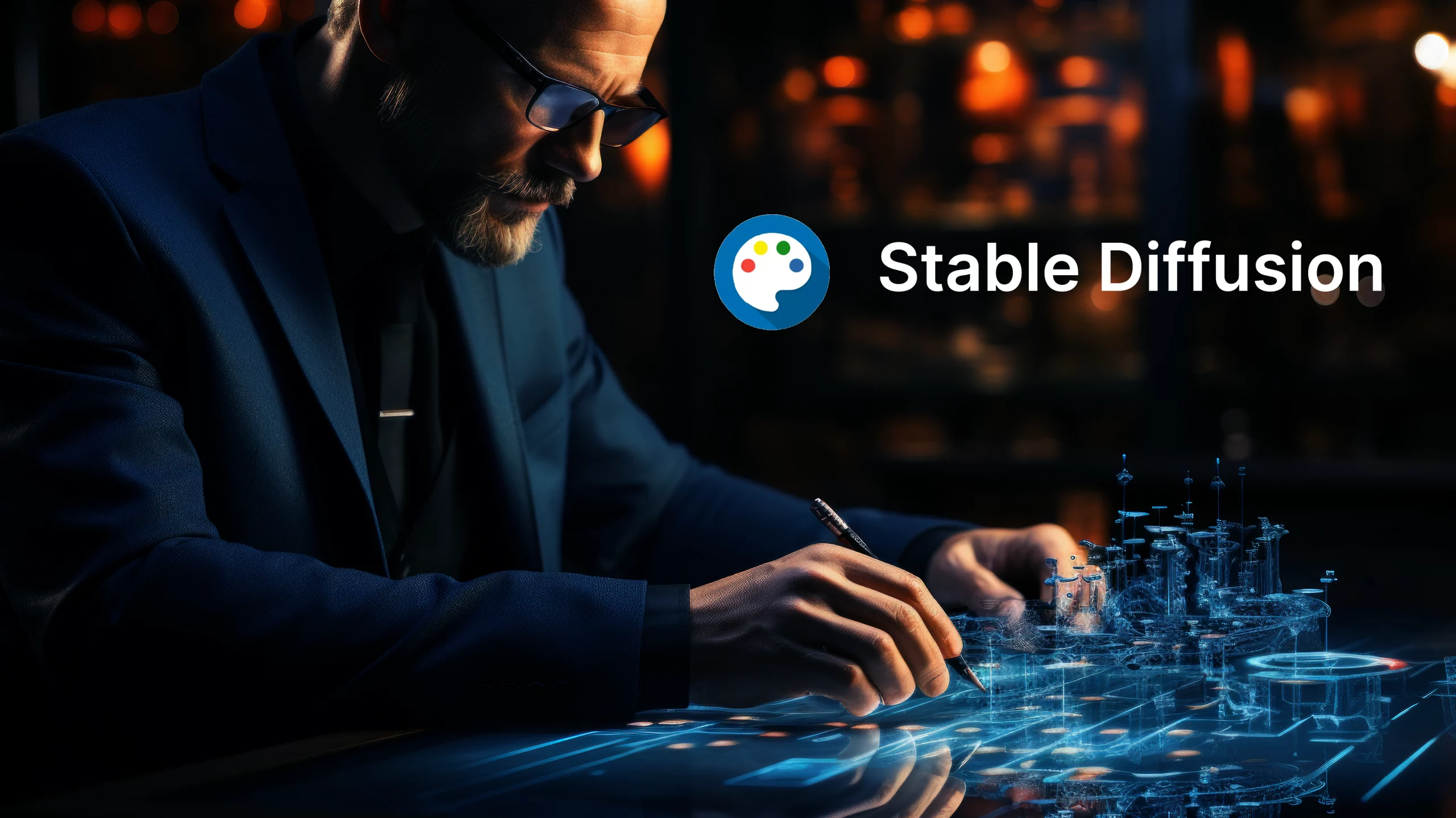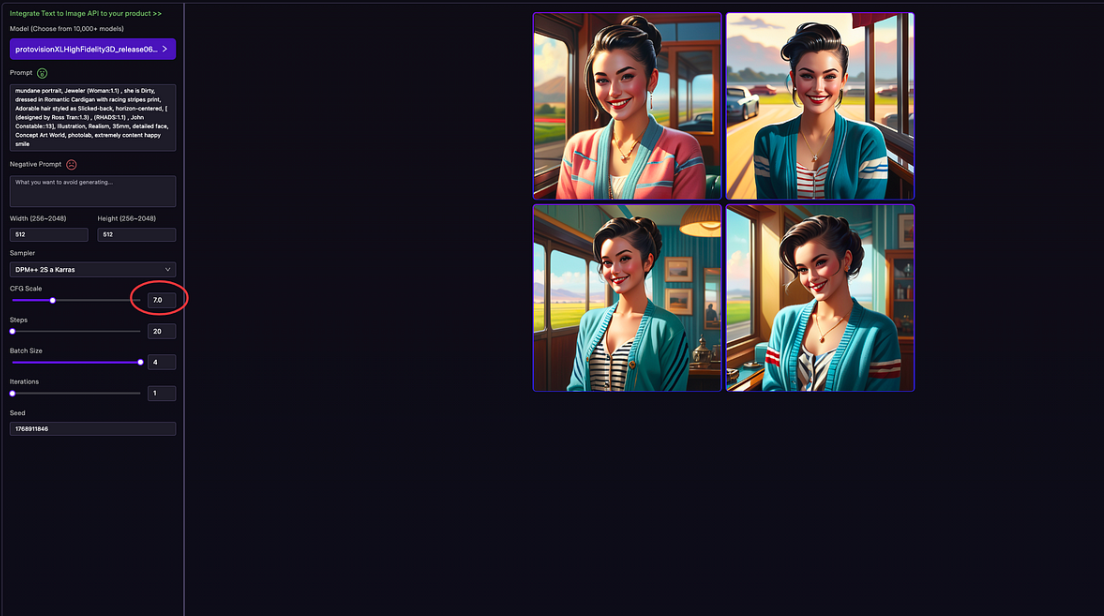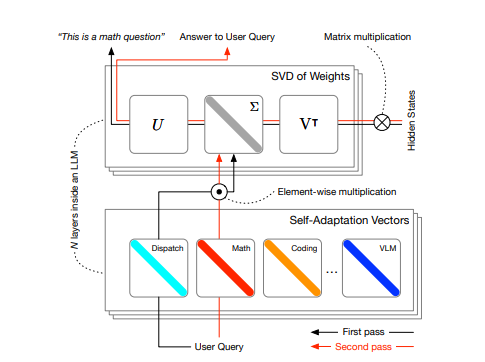At the 2025 Consumer Electronics Show (CES), NVIDIA released its new Cosmos platform, which is designed to accelerate the development of physical artificial intelligence (AI) systems, especially autonomous vehicles and robots. The Cosmos platform integrates generative world-based models (WFM), video taggers, security mechanisms, and an accelerated data processing pipeline. These features help developers create and optimize AI models while reducing reliance on real-world data.
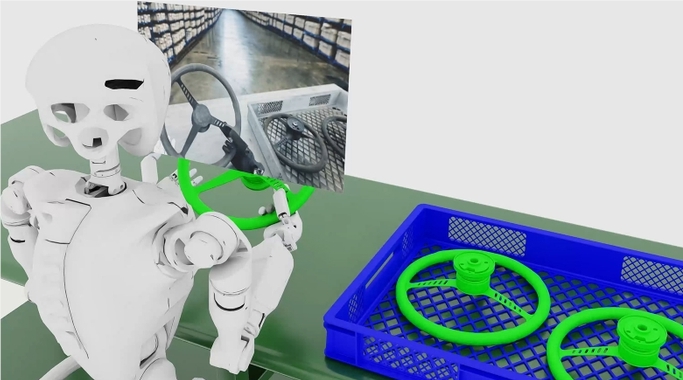
The Cosmos platform will be available under an open model license in the Hugging Face and NVIDIA NGC catalogs, with optimized NVIDIA NIM microservices to follow and enterprise support provided through the NVIDIA AI enterprise software platform.
NVIDIA CEO Jensen Huang said at the show: "Robotics is about to have an inflection moment like ChatGPT. Like large language models, world base models are core to driving the development of robots and autonomous vehicles, but not all developers have it. capabilities and resources to train your own models. We created Cosmos to make the development of physics AI more accessible and make general robotics accessible to every developer.”
Cosmos models can generate physics-based high-definition videos from text, images, and sensor data, making them suitable for applications such as video search, synthetic data generation, and reinforcement learning. Developers can customize models to simulate industrial environments, driving scenarios, and other specific use cases. Additionally, NVIDIA launched NeMo Curator, an accelerated video processing pipeline capable of processing 20 million hours of video data in 14 days, and Cosmos Tokeniser, a visual data compression tool.
Pras Velagapudi, CTO of Agility Robotics, noted: “Data scarcity and variability are key challenges for successful learning in robotic environments. Cosmos’ text, image, and video-to-world capabilities enable us to generate and enhance scenarios for a variety of tasks, enabling Train models without the need for expensive real-world data capture.”
Several major robotics and transportation companies, including Agile Robots, XPENG, Waabi, and Uber, have begun using Cosmos for AI development. Uber CEO Dara Khosrowshahi said: "Generative AI will drive the future of mobility, requiring both rich data and powerful computing power. Through our partnership with NVIDIA, we are confident that we can help accelerate safe and scalable autonomous driving solutions." program process."
In addition to Cosmos, NVIDIA has also launched the Llama Nemotron large-scale language model and the Cosmos Nemotron visual language model, which are developed for use by enterprises in industries such as medical, finance, and manufacturing.
Official blog: https://nvidianews.nvidia.com/news/nvidia-launches-cosmos-world-foundation-model-platform-to-accelerate-physical-ai-development
AI courses are suitable for people who are interested in artificial intelligence technology, including but not limited to students, engineers, data scientists, developers, and professionals in AI technology.
The course content ranges from basic to advanced. Beginners can choose basic courses and gradually go into more complex algorithms and applications.
Learning AI requires a certain mathematical foundation (such as linear algebra, probability theory, calculus, etc.), as well as programming knowledge (Python is the most commonly used programming language).
You will learn the core concepts and technologies in the fields of natural language processing, computer vision, data analysis, and master the use of AI tools and frameworks for practical development.
You can work as a data scientist, machine learning engineer, AI researcher, or apply AI technology to innovate in all walks of life.
